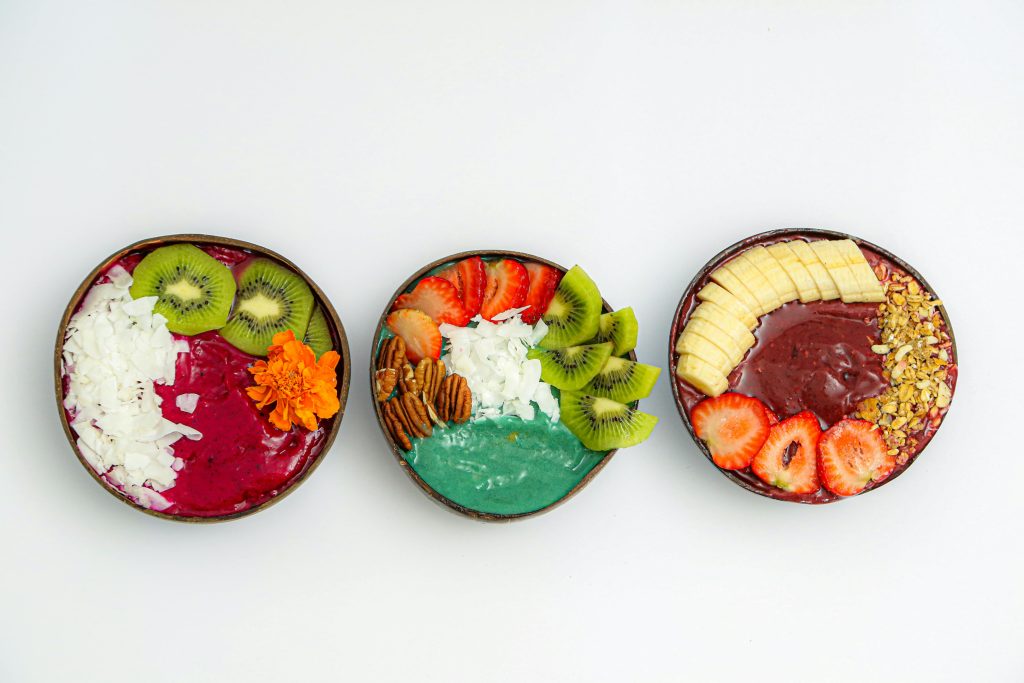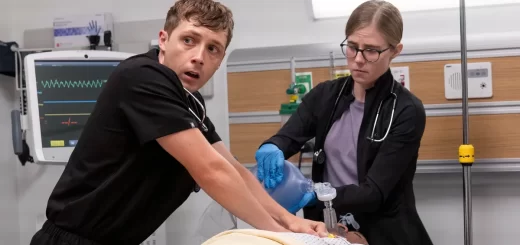How to Improve Fertility: 12 Natural Ways

According to the NHS, 1 in 7 couples struggle with conceiving, despite regularly having unprotected sex for a year or six months.
Of course, medical treatments, surgical procedures, and assisted conception methods are available, such as IVF or the removal of scarring.
However, various natural methods could improve your fertility in the future. Continue reading to learn more.
1. Lose Weight

If your Body Mass Index (BMI) is over 30, you might struggle with fertility. Excess weight or being seriously underweight can disrupt people’s hormonal balance.
As a result, it will negatively impact ovulation or reduce a man’s sperm quality, making it harder to get pregnant.
If you’re overweight or obese, consider losing weight to increase your chances of conceiving a child.
For perspective, healthy adults have a BMI between 18.5 and 24.9, which can be achieved through a nutrient-rich, balanced diet and regular moderate exercise.
Think whole foods (fruits, vegetables, lean proteins, healthy fats, and whole grains), plenty of antioxidants (zine, folate, vitamins C and E, and Selenium), omega fatty acids (often found in fatty fish, like sardines and salmon), and plenty of water (aim for eight to ten glasses daily).
2. Stop Smoking
Smoking, or passive smoking, could affect your fertility and could even decrease a man’s semen quality.
Studies have shown that tobacco use lowers fertility in men and women, as it reduces egg supply, decreases sperm count, ages ovaries, and may cause sperm abnormalities.
If you and/or your partner smoke, or surround yourself with people who do, you must aim to eliminate it from your lifestyle.
To quit the habit for good, visit your nearest NHS Stop Smoking Service or give the Smokefree National Helpline a call for helpful advice.
3. Eliminate Alcohol from Your Lifestyle
Excessive alcohol consumption can impact a man’s sperm quality. The UK’s chief medical officers recommend adults consume no more than 14 units per week, which they must evenly spread over three or more days.
It is wise to avoid or limit alcohol consumption when trying to conceive a child.
4. Consider Environmental Issues
It might be surprising to discover that various cleaning solvents, metals, and pesticides can negatively impact a person’s fertility, especially for men.
Increase your chances of getting pregnant by staying away from the above environmental toxins.
Instead, use natural cleaning and unfragranced beauty products, and don’t microwave food in plastic containers to avoid consumption of plastics, such as BPA.
5. Lower Your Stress Levels

If you’re living with chronic stress, it can impact a woman’s hormonal levels and menstrual cycle and will affect a man’s sperm quality and libido.
Rather than allowing worries and anxieties to determine your future, take the steps to lower your stress levels.
For example, embark on activities that help you to relax and unwind, such as:
- Enjoying a hot soak in a bath
- Meditating or performing deep breathing exercises
- Reading a good book
- Practicing yoga
- Going for a walk outdoors
- Stroking a pet
- Enjoying more sleep
- Talking to someone about your problems (such as a loved one or your GP)
- Improving time management
- Embracing mindfulness
- Enjoying one or more hobbies
6. Understand Your Fertile Window
To increase your chances of becoming a parent, learn more about ovulation.
Every couple attempting to get pregnant should pay close attention to their fertile window, which is the days leading up to and during ovulation.
It is essential to have regular intercourse during this time, as it will increase the chances of conception.
For instance, if you have a 28-day menstrual cycle, your ovulation will likely occur halfway through on day 14.
If, however, you have a 25-day menstrual cycle, then ovulation will occur on day 11. However, if you have a 35-day cycle, you can expect ovulation on day 21.
Remember, sperm could survive for up to five days in a female’s reproductive tract, which is why it’s wise to have sex a few days before ovulating, as well as during ovulation.
7. Invest in a Basal Thermometer
A basal thermometer can monitor changes to your basal body temperature, which can rise due to hormonal changes in the body and is caused by ovulation.
By using a thermometer, you can track small and large changes to your body temperature to identify your most fertile days.
8. Consider Reflexology

Many people are unaware that there are areas on a person’s hands and feet that are linked to various organs in the body.
By applying pressure to the areas, it is possible to improve energy flow to these organs, which can improve ovulation, encourage relaxation, and regulate the menstrual cycle. It could be a worthwhile therapy for those hoping to improve their fertility.
9. Consume More Zinc
Did you know that zinc can naturally improve your fertility? The nutrient can lead to an increased production of high-quality sperm.
What’s more, it can decrease your likelihood of experiencing a miscarriage. For this reason, both you and your partner need to add more zinc to your diet.
You can find the essential nutrient in:
- Baked beans
- Pumpkin seeds
- Red meat
- Poultry
- Cashew nuts
- Crab meat
- Oysters
Aim to consume at least 30mg of zinc each day to boost your fertility.
10. Consume Prenatal Vitamins and Folic Acid
As you may know, folic acid is fundamental to protecting a baby from neural tube defects.
What’s more, prenatal vitamins will provide your body with essential nutrients that can boost your fertility and support early pregnancy.
11. Men Should Keep Their Testicles Cool
It might surprise you to learn that sperm is sensitive to heat, which is why men must attempt to keep their testicles cool as much as possible.
For this reason, you, your partner, or sperm donor should avoid saunas and hot tubs. Also, they must wear loose underwear, such as boxer shorts, and avoid placing a laptop on their lap for a long period.
12. Visit Your GP
If you have struggled to conceive for a year, or six months if you’re older than 36, it is wise to visit your GP, as a health issue could be affecting your fertility.
A doctor will take the time to learn more about your fertility journey and may recommend fertility testing.
Also, they might consider different health conditions or issues that might be stopping you from getting pregnant.
For instance, certain sexually transmitted diseases can have no symptoms but could affect your fertility, such as chlamydia or gonorrhoea.
Also, you could be living with a condition that determines your reproductive health, such as polycystic ovary syndrome, endometriosis, or uterine fibroids.
What’s more, as mentioned, they might recommend making various lifestyle changes, such as reducing alcohol consumption, losing weight, or improving stress management.
It is important to consult your GP for advice, as they may diagnose a health condition impacting your fertility journey and provide a solution to protect your health and support conception.
The above information is merely to help you improve your fertility, and we recommend speaking with a GP for individual, professional advice.

























